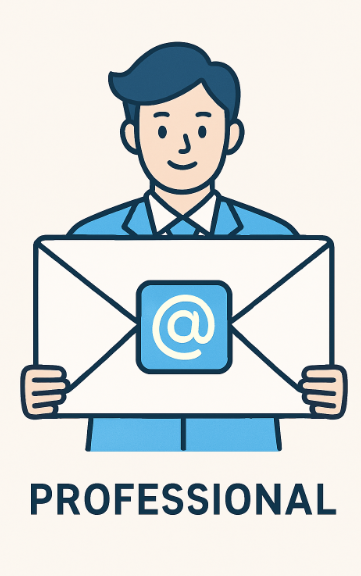How to Write a Professional Follow-up Email After an Interview

Walking out of an interview often brings mixed feelings. You might feel relieved that it’s over, but soon after, uncertainty starts creeping in: Should I just wait? Should I follow up? I’ve personally experienced both—times when I waited silently and never heard back, and other times when a short, polite thank-you email helped me move to the next stage.
Why Sending a Follow-up Email Matters
Sending a follow-up email after an interview can make a big difference. Here’s why:
2. Expresses gratitude – Interviewers also invest time, and thanking them goes a long way.
3. Reinforces interest – It reminds them you’re genuinely enthusiastic about the role.
4. Highlights your strengths – You can briefly bring up skills that set you apart.
When Should You Send the Email?
Timing is critical. The best time is within 24 hours of your interview.
If you had an interview on Monday afternoon, sending your follow-up by Tuesday morning is ideal.
If the interview was on Friday, either the same day or first thing Monday morning works well.
Waiting too long reduces impact, while sending too soon may look rushed.
What to Include in a Follow-up Email
Your message doesn’t need to be long. Focus on being clear, polite, and professional. Include:
Subject Line – Simple and professional (e.g., Thank You for the Interview).
Greeting – Address the interviewer by name.
Thank You Note – Show appreciation for their time.
Reminder of Interest – Reaffirm enthusiasm for the position.
Key Strengths – Briefly highlight skills relevant to the job.
Closing Line – End politely and professionally.
Sample Follow-up Email Template
Subject: Thank You for the Interview
Dear [Interviewer’s Name],
Thank you again for taking the time to meet with me yesterday about the [Job Title] position. I truly enjoyed learning more about your company’s goals and the team’s vision.
I remain very interested in the opportunity and believe that my skills in [specific skill] and [another skill] would allow me to contribute effectively. Please let me know if I can provide any additional information to support my application.
Thank you once again for your time and consideration. I look forward to hearing from you.
Best regards,
[Your Name]
Mistakes to Avoid
When writing your follow-up email, avoid these common mistakes:
Writing a very long and overwhelming message
Sounding desperate or demanding a reply
Skipping grammar and spelling checks
Sending multiple follow-ups too frequently
Conclusion
A follow-up email is not just polite—it’s strategic. From my own experience, even a short message can change the outcome. Keep it concise, genuine, and professional.
